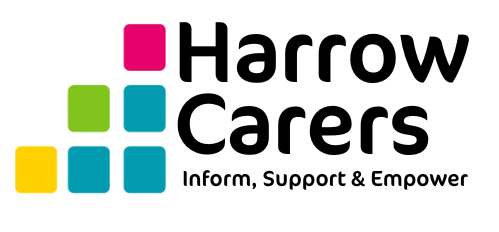Anyone can fall into debt. As a carer, it’s just one of those things that happens without your notice, or may even feel as if it’s out of your control. You may have had to give up work and faced the extra costs of utilities, food and disability-related spending. Even so, getting out of debt and staying out is possible – but you have to take the first step. If you don’t know where to start, feel free to contact Harrow Carers at 020 8868 5224 for free advice about managing your debt. We’ll also let you know if you are entitled to any disability and carers’ benefits, or any employment rights if you are currently working. Nevertheless, here are some strategies you can start to implement today to get out of debt.
1. Understanding What Debt You Have
Understanding the type of debt you have, and how it happened can allow you to create a plan for paying it off and staying debt-free. Not all debts are created equally, and some are considered better than others (a mortgage, for example). At Harrow Carers, we can help you to understand your debt, create a budget to help track your expenses, and develop a debt repayment plan.
2. Tracking All Your Debts
It can be easy to lose track of how much you owe, especially if you have more than one type of debt. A debt tracker can be useful to regain control of your finances, and you can watch all your hard work pay off.
Make a list of all your debts. You can use a free pre-existing template or do it yourself on Excel. Write down how much you currently owe, the interest rate for each debt, and the minimum payment required for each month. Use recent billing statements, credit reports and bank statements to help you with this.
3. Prioritise debts with the highest interest rate
By listing all your debts, you can now calculate the total amount you owe. We can now accelerate your debt-free journey by sending more than the minimum payment to at least one of your accounts each month.
Use a monthly budget to calculate all your monthly income and expenses (including the minimum payments). Any amount left over, put some of it towards any of one of your debts. It’s recommended to choose the debt with the highest interest rate as this will save you the most money in the long run. Again, feel free to contact us at 020 8868 5224 if you’re not sure which debts to prioritise.
4. Building an Emergency Fund
An emergency fund is money you’ve set aside for—you’ve guessed it— an emergency. While caring for a loved one, you might run into unexpected circumstances. Your car might break down or you may be laid off from work. As you work towards paying off your debt, it’s recommended to put money aside in a separate account as an emergency fund. If you are in debt, start saving towards £1000, but once out of debt, build this account to cover 3-6 months worth of living expenses. A completed emergency fund will give you the flexibility to tackle unexpected expenses, which makes it less likely you’ll go back into debt again.
You can read more about emergency funds here.
Becoming debt-free can be a difficult process, but there are lots of free and professional help out there. The most important thing is to take action now. Delaying to managing your debts and finances will only make matters worse in the long-run.
If you are a carer and struggling with your debts or have any other enquiries, don’t hesitate to contact Harrow Carers at 020 8868 5224 for free and independent advice.

